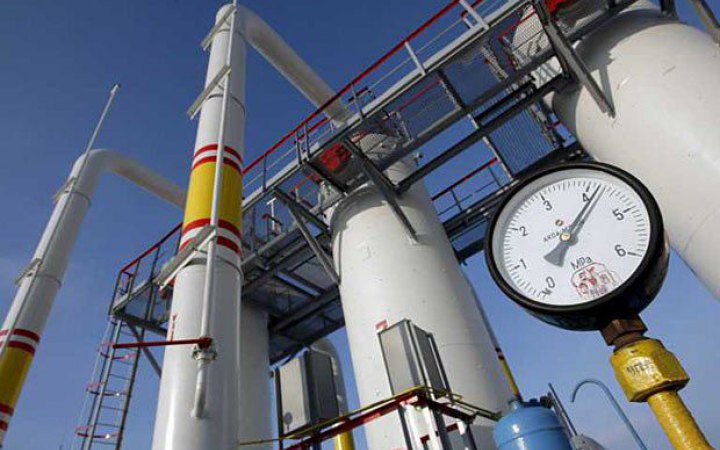The European Union, in partnership with the International Energy Agency, has outlined nine steps EU citizens can take to reduce dependence on russian energy sources.
That was reported by the International Energy Agency.
“Faced with the horrendous scenes of human suffering that we’ve seen following russia’s invasion of Ukraine, people in Europe want to take action,” said IEA Executive Director Fatih Birol. “Using less energy is a concrete way to help the Ukrainian people – and to help ourselves. This guide has easy-to-follow steps that with little or no discomfort on our part can reduce the flow of money to russia’s military and help put us on a path to a cleaner and more sustainable planet.”
The recommended steps involve turning down heating and using less air conditioning, working from home when possible to avoid commuting, and car-pooling or travelling by public transport when available. Governments can play a role by providing financial incentives by reducing fares for trains, buses and micro-mobility and by supporting the installation of solar panels, the improvement of home insulation and the switch to other fuels for heating.
According to the plan’s findings, turning down the thermostat by just 1 °C would save around 7% of the energy used for heating, while setting an air conditioner 1 °C warmer could reduce the amount of electricity used by up to 10%.
With an average one-way car commute in the EU of 15 kilometres, working at home three days a week could reduce household fuel bills by around €35 a month, even after taking increased energy use at home into account. And as the average car in the EU clocks up about 13 000 kilometres a year, reducing cruising speed on motorways by 10 kilometres an hour could cut fuel bills by an average of around €60 a year.
According to the report, households can save 450 euros annually on their average energy bill.
Savings within the EU will amount to 17 billion cubic metres of natural gas and 220 million barrels of oil a year.
President Volodymyr Zelenskyy is convinced of the introduction of the oil embargo and expects this decision in the nearest sanctions package of the European Union.
Ukraine also suggested to the Energy Community a comprehensive approach to depriving the European Union of its dependence on russian energy resources.








